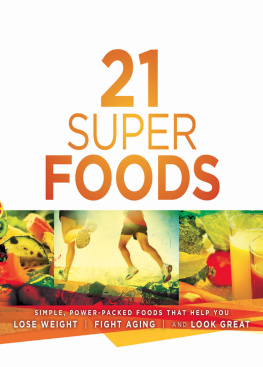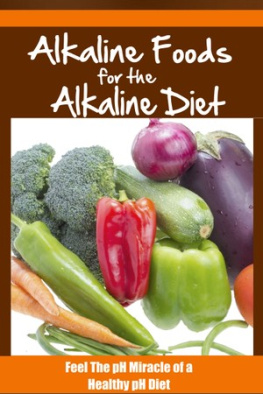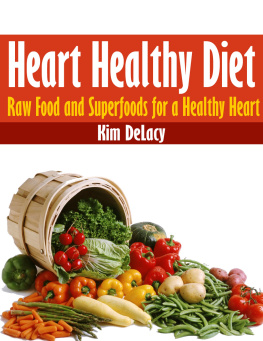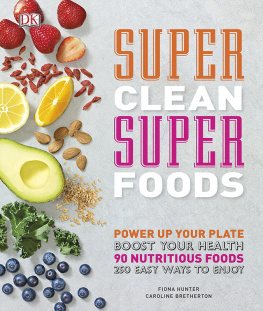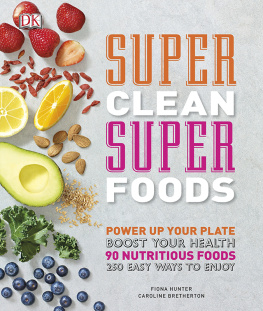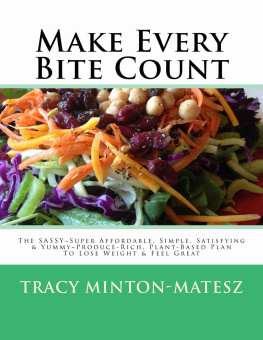I TS TIME FOR Americans to learn what the Chinese and Japanese have known for generations: mushrooms are packed with power. Not only are they important sources of nutrients that stimulate the immune system, but researchers say that mushrooms also possibly help fight cancer, high cholesterol, and perhaps even the AIDS virus. They boost immune function, lower bad cholesterol, regulate blood sugar, and protect your body from viruses and possibly cancer by inhibiting tumor growth. They contain bioactive molecules and essential amino acids, and feature a low fat content.
For three thousand years Asians have enjoyed the power of mushrooms, both for their taste and therapeutic value. In fact, Chinese legend is filled with stories of people who discovered a one-thousand-year-old mushroom and became immortal! This is a little far-fetched. However, while mushrooms cannot promise immortality, they do provide polysaccharides, sterols, coumarin, vitamins, minerals, and amino acids.
Today there are about thirty-five different species of mushrooms to partake of; most are edible and have medicinal properties. Scientists are now discovering what natural healers have known for centuries. One of particular note is the reishi mushroom, which lately has received considerable attention for its apparent immune-enhancing activities; this may confirm the wisdom of traditional Chinese medical practitioners, who have used them for centuries.
Studies have shown that reishi may transform many components of the immune system, including natural killer cells. Moreover, one study concluded that reishis effect on such immune-related cells as T and B cells yielded further evidence that reishis value comes from its ability to enhance immunity response.
In the past Americas favorite mushroom, the button, was never thought to have much medicinal value, but recent studies have found that this little mushroom packs quite a punch when it comes to preventing breast cancer. Other forms of mushrooms were also found to help prevent breast cancer. White stuffing mushrooms offered the strongest amount of protection, followed by shiitake, portobello, cremini, and baby button. All of these mushrooms showed a significant effect, whether eaten raw or cooked.
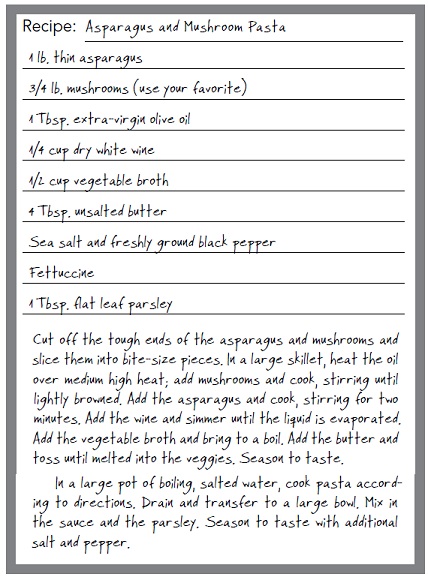
Although raw mushrooms are a favorite at most salad bars, do not make a habit of eating the uncooked kind. Raw mushrooms contain hydrazines, which are toxic chemicals. Since no one is sure of just how many raw mushrooms you would have to eat in order to enter a danger zone, it is better to cook all of your mushrooms, since the heating process eliminates hydrazines. Besides, for both taste and nutrition, mushrooms are better cooked. This is because they are mostly water. Cooking not only removes the water, it also concentrates the nutrients and the flavor.
In addition to maitake, shiitake, and reishi, you may want to try oyster, morel, porcini, cremini, and portobello. All of these mushrooms offer you far-reaching health benefits. You can add them to vegetables, soups, casseroles, or stir-fry dishes.
THE AGING PROCESS
The simple process of aging depletes your storehouse of nucleic acids, which are the building blocks of DNA and RNA. These two substances are present in each cell of your body. Exposure to chemicals, harsh environmental factors, and lower levels of protective phytonutrients in the diet make it important to support healthy function of DNA in our bodies. Proper function of our DNA codeimprinted in all nucleated cells of our bodyand proper function of our immune system may well be the two most critical factors involved in maintaining health. The major function of DNA, beyond carrying the genetic traits of our ancestors, is to duplicate itself exactly when cells divide.
It is crucial to protect DNA in order to continually synthesize perfect copies of complex proteins called enzymes in order to maintain healthy metabolism and cellular functions. DNA maintenance enzymes within the cells are responsible for ensuring that the code remains the same when a cell divides, accomplishing this before, during, or after cell division. Your body ensures cellular health through a process called apoptosis. During apoptosis, cells that are unable to maintain accurate DNA copies through their own DNA repair mechanisms are broken down and recycled. The body has numerous such processes to maintain and promote healthy DNA, which results in healthy cells, including a healthy immune system.

The Healthy Mushroom
Mushrooms are good for helping replenish your stock of nucleic acids, which may:
Slow the aging process
Increase energy
Promote healthier skin and reduce age spots
In addition to spinach, some other nucleic-rich foods are salmon, wheat germ, and asparagus. You also add a B-complex vitamin to increase these acids.

Protecting DNA keeps aging at bay. To protect and promote healthy DNA, it is important to know that vitamin B12 and folic acid play a role in methylation reactions, which are essential to maintaining healthy DNA. In addition, vitamins B12, B9 (folic acid), B8 (biotin), and B6 (pyridoxine) promote cell longevity, DNA and RNA production, nucleic acid formation, and RNA/DNA action. Mushrooms are a rich food source of nucleic acids, as are spinach, asparagus, salmon, and wheat germ.
BALANCING YOUR BRAIN
Mushrooms are one of the brain foods that you can work into your diet to help improve nutritional balance. That equals body balance, which equals brain balance. Your body uses the nutrition with which you supply it to build, maintain, and repair your tissues. Nutrients empower your cells to relay messages back and forth to conduct essential chemical reactions that enable you to think, see, hear, smell, taste, move, breathe, and eliminate waste.
Human beings share the same basic physical makeup, but each of us is as individual as our thumbprint when it comes to our specific nutritional needs. Many factors combine to determine your individual nutritional needs, including the amount of stress you face and how you manage it, whether you live a hectic lifestyle that depletes your nutritional storehouse, dietary habits, and whether you are overly acidic or overly alkaline.
The latter terms refer to the composition of our bodies. In childhood most people are naturally alkaline, which is true into the teen years and early adulthood. But by the fourth decade of life, most people become overly acidic because of exposure to stress, poor food selections, and environmental toxins. Being overly acidic makes the body susceptible to many ailments, including headaches, chronic illnesses, colds and flu, digestive problems, urinary tract infections, and chronic fatigue. Having a healthy acid/alkaline balance means enjoying better mental clarity, fast recovery from illness and injury, vitality, and energy. The good news is that you can bring your system into a more balanced state by eating foods that will turn acidic conditions around.
There is a long list of foods that should become part of your dietary regimen. In addition to mushrooms, among other vegetables that contribute to healthy balance are sweet peppers, spinach, carrots, squash, asparagus, onions, peas, celery, and lettuce. So do such things as legumes (baked beans, kidney beans, lima beans, black beans), grains such as brown rice and barley, free-range chicken eggs, tofu, unsweetened (not canned) fruits, and nuts and seeds.
Next page
